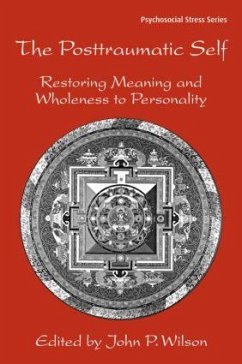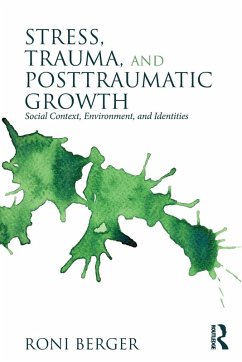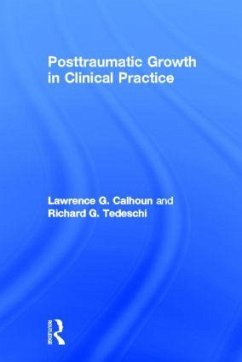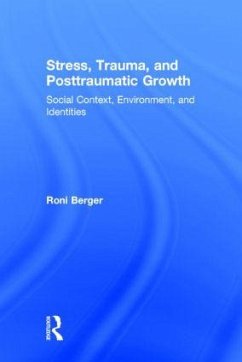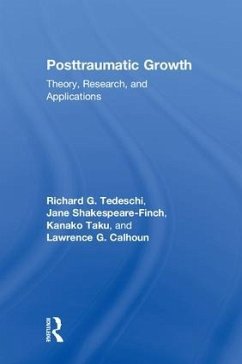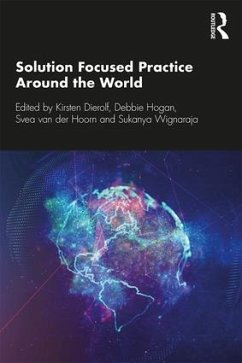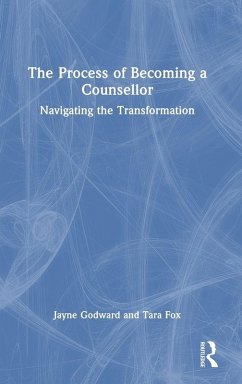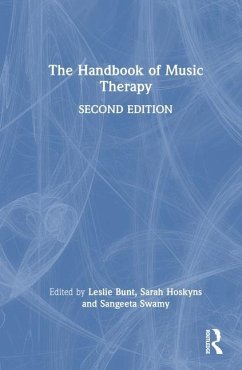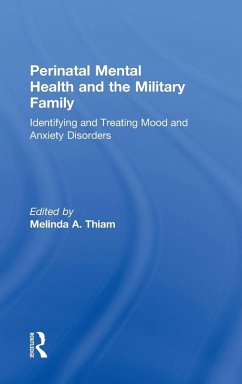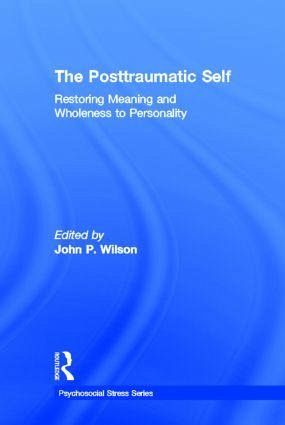
The Posttraumatic Self
Restoring Meaning and Wholeness to Personality
Herausgeber: Wilson, John P.
Versandkostenfrei!
Versandfertig in 1-2 Wochen
182,99 €
inkl. MwSt.

PAYBACK Punkte
91 °P sammeln!
"The Posttraumatic Self" will be organized into three sections, the first of which will focus on the effects that trauma can have on the stages of attachment early in life, and the continuing psychological mechanisms that can perpetuate later life-span development. The second section will present a new integrative psychobiological model of trauma therapy aimed at furthering the understanding of the transformative processes brought about by traumatic events and the subsequent stress that follows. The final section of the book will address a variety of issues concerning the restoration of meaning and the re-integration of personality following a traumatic experience. Wilson, Kalsched, and their assembled group of contributors are pre-empting an approaching paradigm shift in our current understanding of the interconnectedness of trauma, PTSD, human development, resiliency and the integrative processes of the self. With the emergence of various integrative approaches to the study of trauma and PTSD, this book has the potential to be a frontrunner in the attempts to combine our understanding of the "inner and outer worlds" of trauma.
Filling a gap that exists in most traumatology literature, The Posttraumatic Self provides an optimistic analysis of the aftermath of a traumatic event. This work appreciates the potentially positive effects of trauma and links those effects to the discovery of one's identity, character, and purpose. Wilson and his distinguished contributors explore the nature and dynamics of the posttraumatic self, emphasising human resilience and prompting continued optimal functioning. While taking into consideration pathological consquences such as posttraumatic stress disorder (PTSD), the authors study the impacts a traumatic event can have on one's inner self, and they help the victims transform such an event into healthy self-transcendent lifecycles. The Posttraumatic Self will help victims and healers transform the way they deal with the complexities of trauma by making important connections that will allow for healing and growth.





